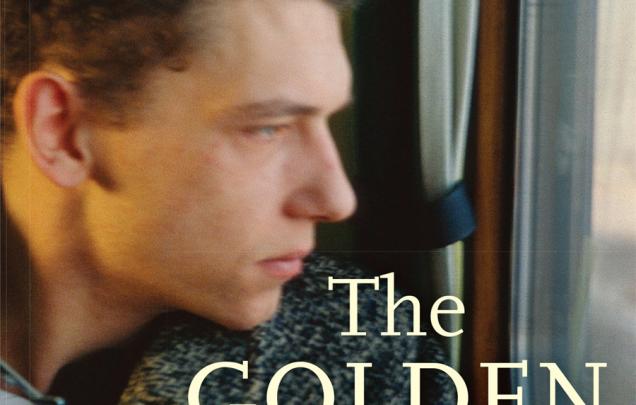The Golden Age by Joan London
Shortlisted

JUDGES' COMMENTS
Joan London’s The Golden Age is a work of quiet beauty. Set largely in a children’s polio convalescent home in mid-20th-century Perth, the novel is a moving meditation on adolescent love, on being open to experience and on how individuals find their place in the world. Frank Gold, the 13-year-old son of Hungarian Jewish immigrants, survives the Holocaust only to be struck down by polio in this strange new land of opportunity. As a patient at the Golden Age Home, he meets and loves the slightly younger Elsa. Polio robs these children of their immediate mobility, but it bestows on them a powerful sense of self and, for Frank, his vocation as a poet.
Early in the narrative a young man dies from polio but not before recording a fragment of poetry: ‘I have to find myself/ A place where I can breathe./ That’s where poetry lives/ In the oldest part of us.’ A poetic consciousness informs this lyrical narrative. London’s crafted, sensual prose offers her reader a joyous breathing space in which to contemplate questions of fate, history, desire and service. Her diverse characters discover they are all essentially alone, yet through love and a sense of responsibility to others, they learn how to live in their various worlds of illness, exile and quiet despair. Importantly, this novel that engages with such a cruel, crippling disease is suffused with calm, golden light.